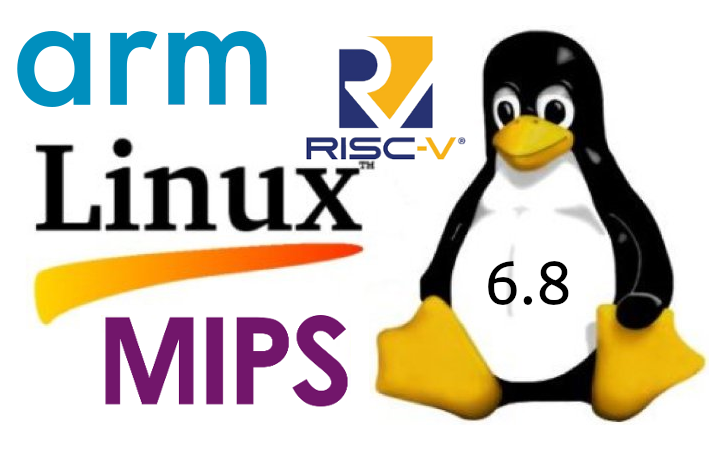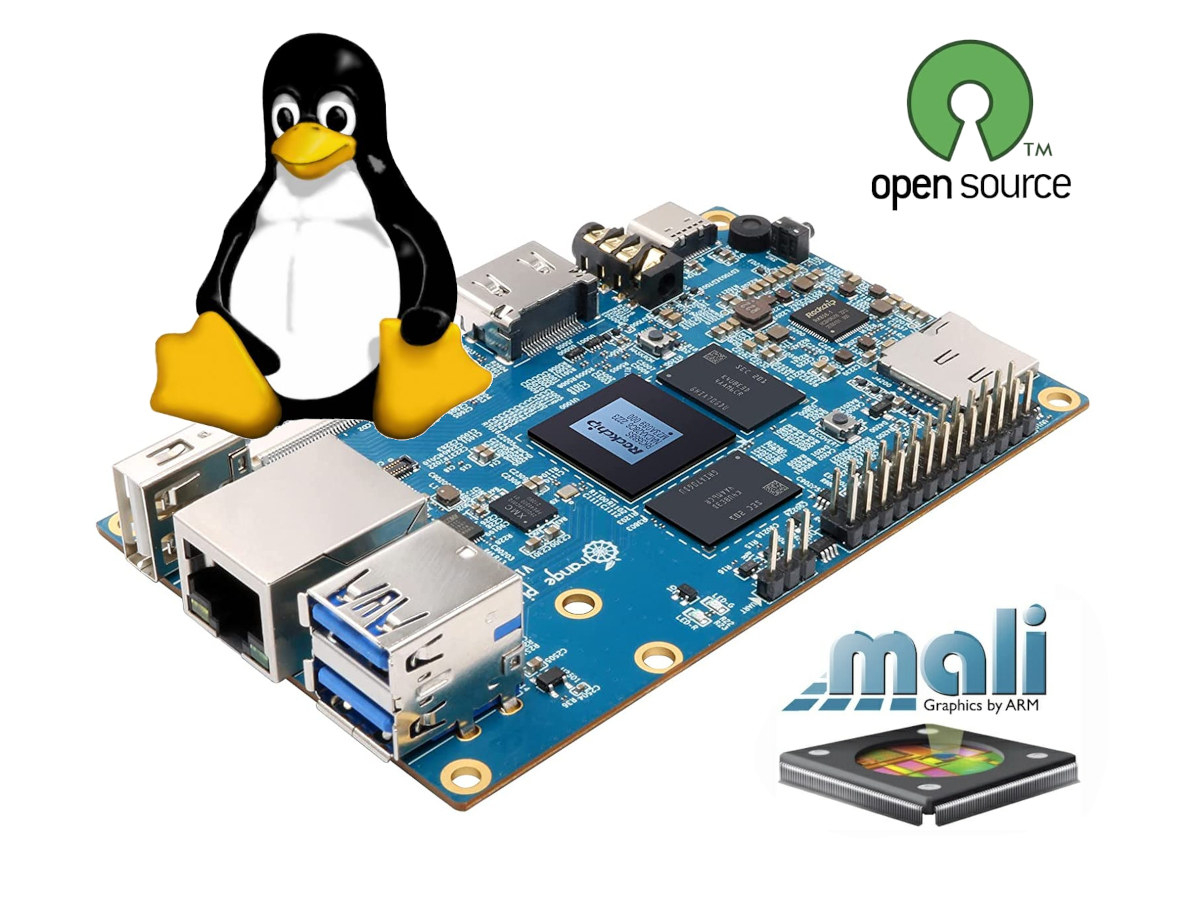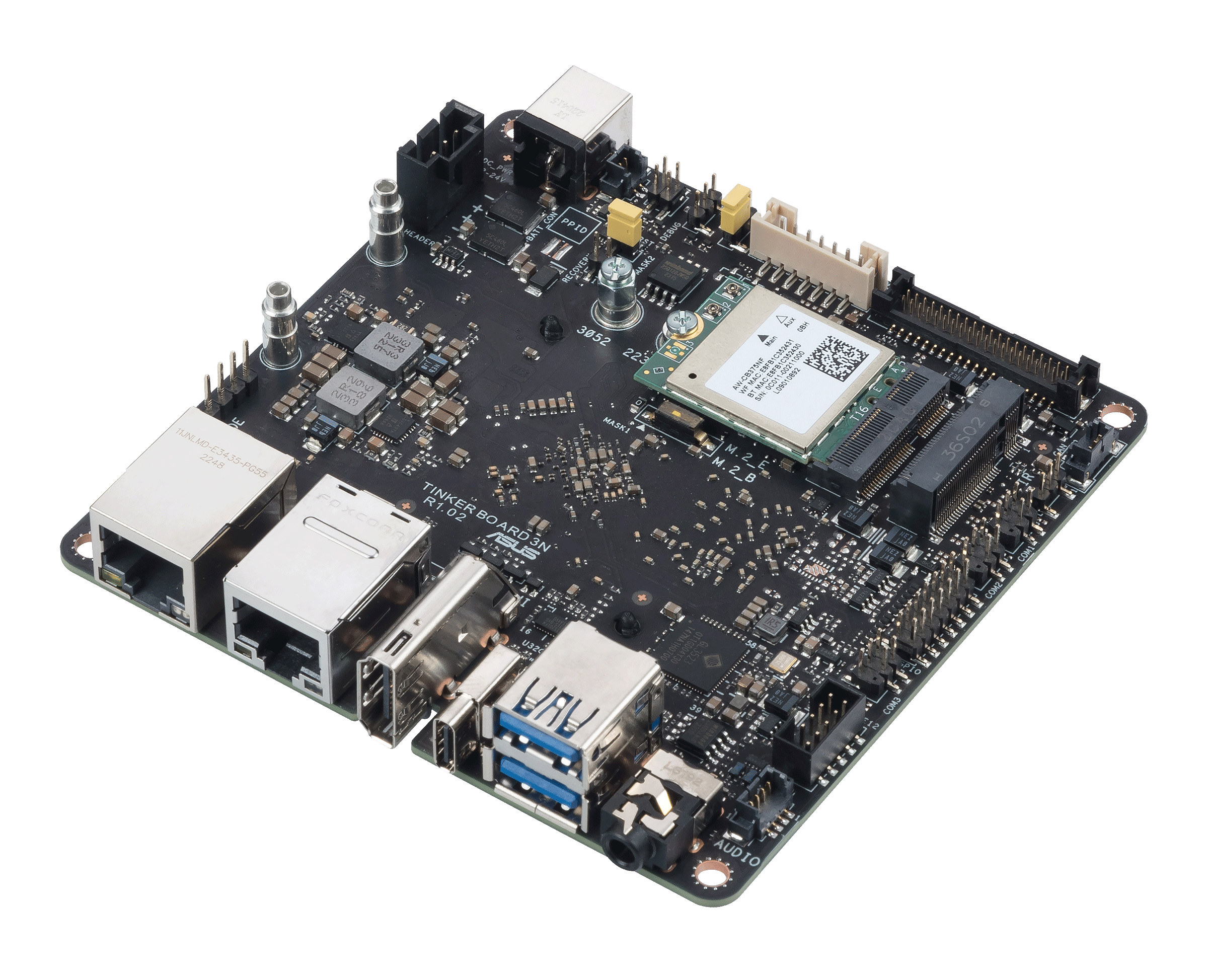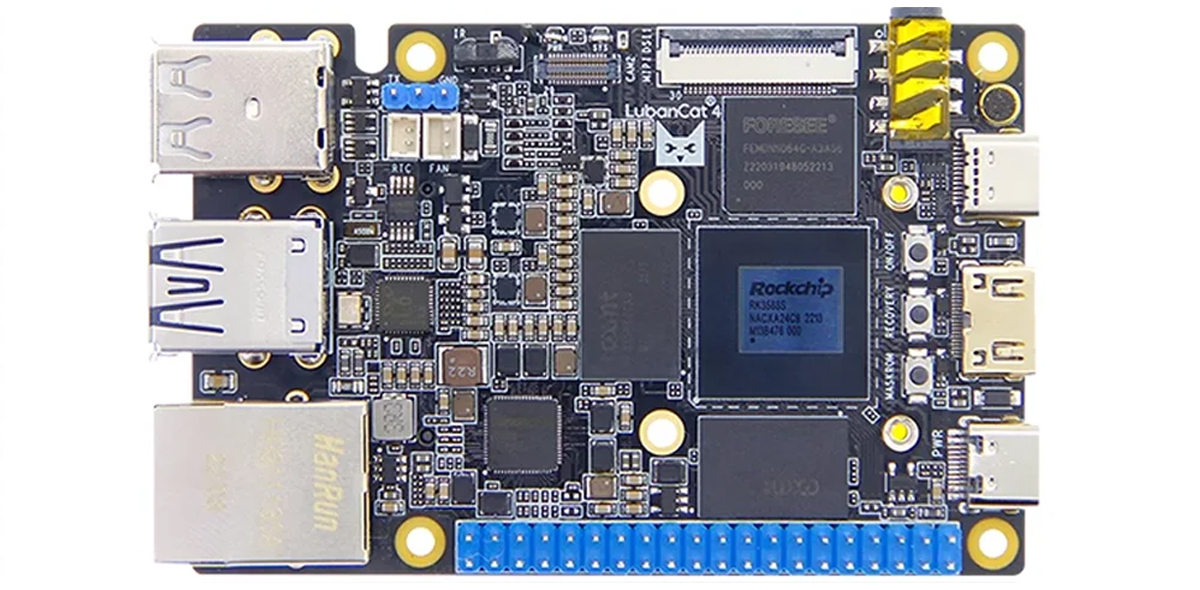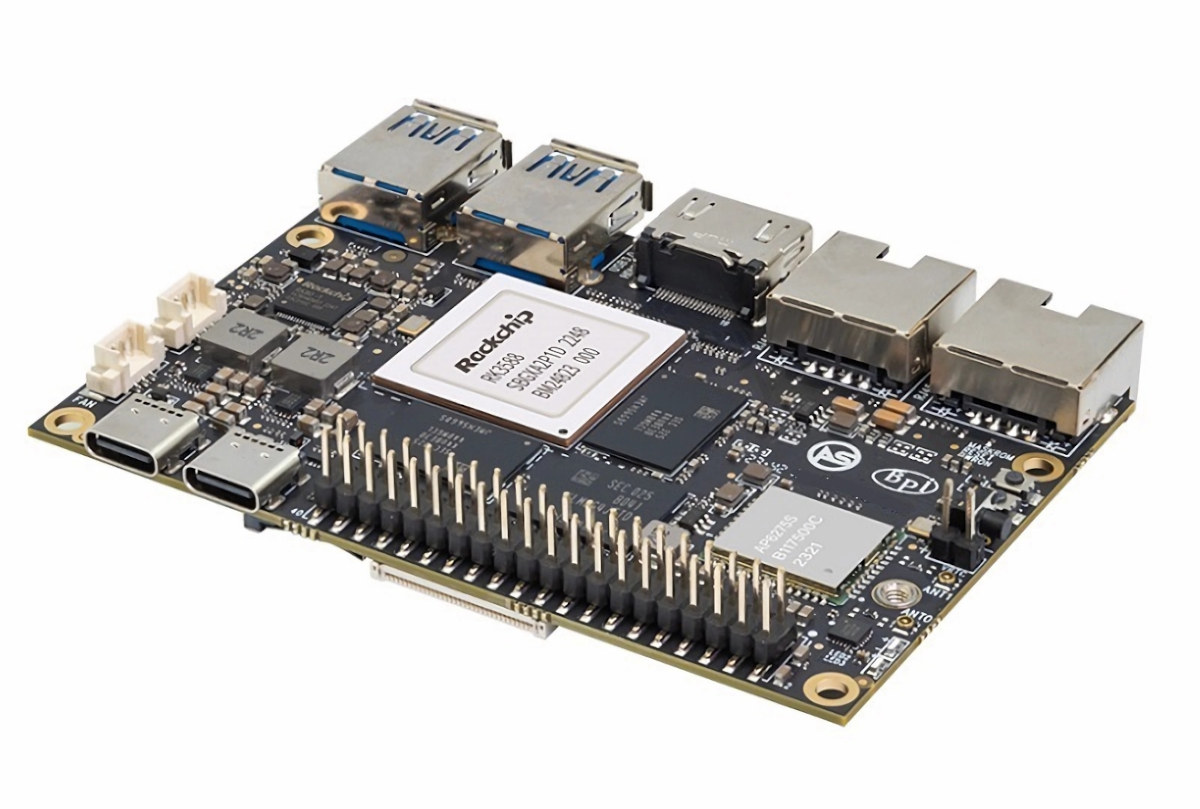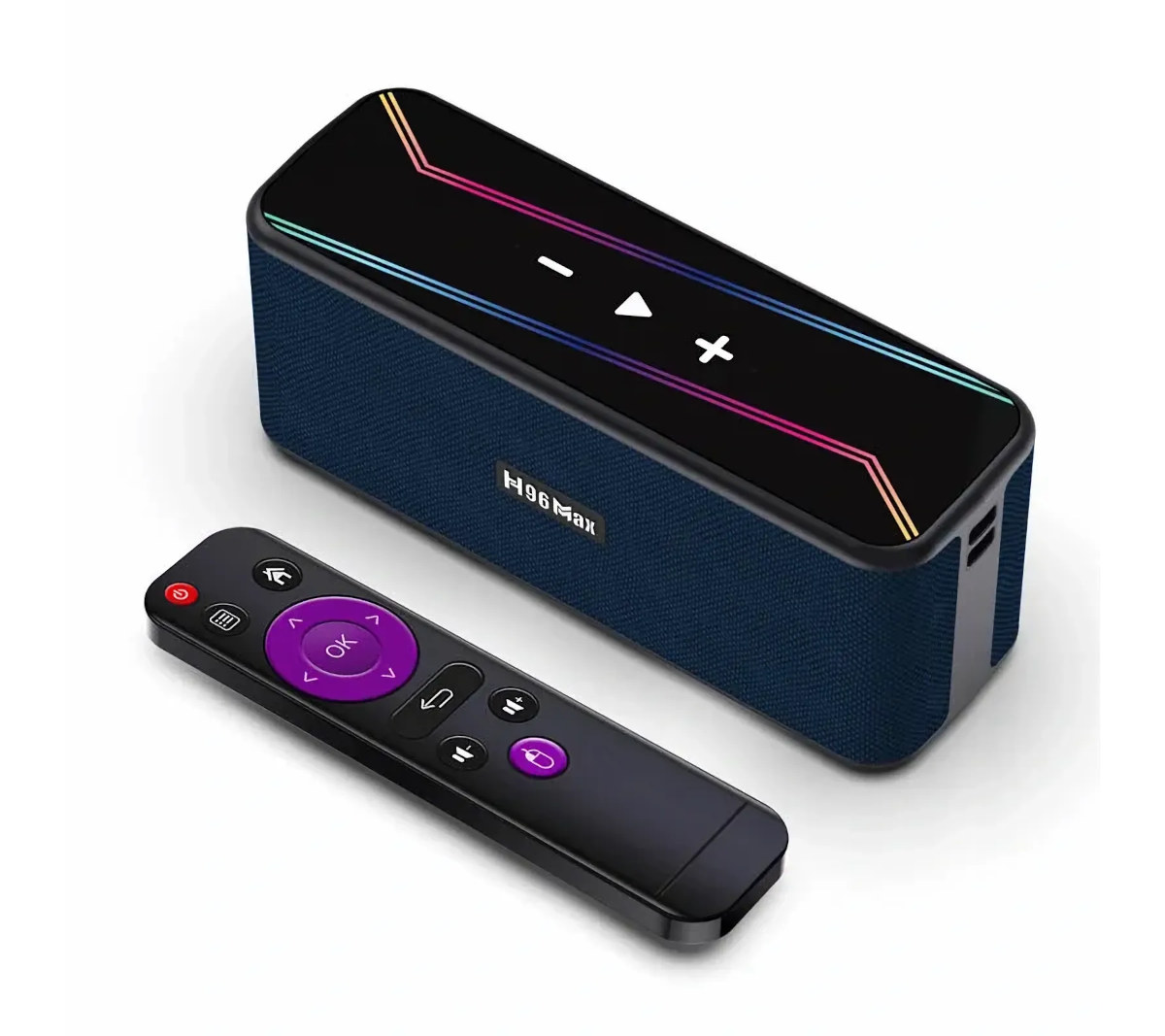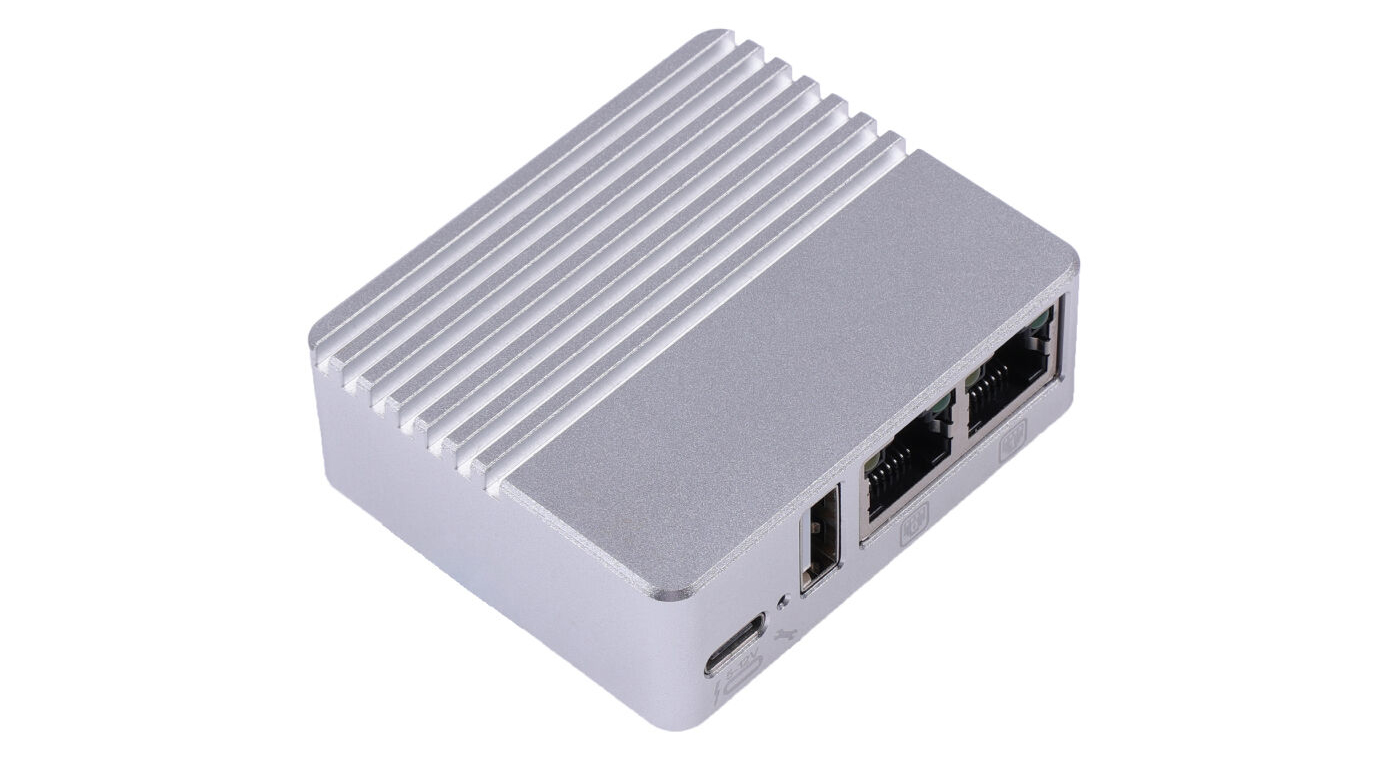Linus Torvalds has just announced the release of Linux 6.8 on the Linux kernel mailing list: So it took a bit longer for the commit counts to come down this release than I tend to prefer, but a lot of that seemed to be about various selftest updates (networking in particular) rather than any actual real sign of problems. And the last two weeks have been pretty quiet, so I feel there’s no real reason to delay 6.8. We always have some straggling work, and we’ll end up having some of it pushed to stable rather than hold up the new code. Nothing worrisome enough to keep the regular release schedule from happening. As usual, the shortlog below is just for the last week since rc7, the overall changes in 6.8 are obviously much much bigger. This is not the historically big release that 6.7 was – we seem to […]
Panthor open-source driver for Arm Mali-G310, Mali-G510, Mali-G610, and Mali-G710 GPUs to be part of Linux 6.10
Collabora has been working on the Panthor open-source GPU kernel driver for the third-generation Arm Valhall GPU (Arm Mali-G310, Mali-G510, Mali-G610, and Mali-G710) for around two years, and the code has just been merged in drm-misc meaning it should be part of the upcoming Linux 6.10 release sometime in July 2024. Many regular readers must already be familiar with the Panfrost open-source driver for Arm Mali GPUs as we’ve covered its development progress over the years. Panthor is a new kernel driver specific to the 3rd gen Valhall GPUs that still relies on the Panfrost driver residing in userspace, as explained by Boris Brezillon from Collabora. Furthermore, the existing Gallium “Panfrost” driver in Mesa has also received a merge request adding support for those GPUs (10th gen Arm Mali = 3rd gen Arm Mali Valhall) meaning popular targets such as the Rockchip RK3588 SoC with an Arm Mali-G610 MP4 GPU […]
Rockchip RK3568-powered ASUS Tinker Board 3N is now available in three variants
The ASUS Tinker board 3 was first unveiled in April 2023 before being renamed as Tinker Board 3N later that year, and the three variants of the Rockchip RK3568 single board computer (SBC) are now available. The standard configuration is the Tinker Board 3N in the commercial temperature range, while the Tinker Board 3N Plus has the same features, except it can operate in the industrial temperature range (-40°C to 85°C). The Tinker Board 3N Lite is a cost-down version in the same form factor, but with a single gigabit Ethernet port without PoE support, no M.2 B-key socket for an NVMe SSD or 4G/5G cellular connectivity, no 16MB SPI flash, fewer serial interfaces, and no CAN Bus. You’ll find a comparison of the specifications for the three variants in the table below. Note the prices above are from Amazon with a 10% discount when applicable. ASUS provides support for […]
EmbedFire LubanCat 4 card computer – A Rockchip RK3588S dev board with a mini PCIe socket for WiFi or 4G LTE
Launched by Yehuo Electronic EmbedFire LubanCat 4 card computer or LubanCat 4 in short, is a Rockchip RK3588S SBC that packs quite a lot of features in an 85x56mm form factor with Ethernet, USB, mini PCIe, HDMI 2.1, SIM & microSD card holder, and more. The board comes with up to 16GB of RAM and 128GB of eMMC flash. It comes with a Gigabit Ethernet port, five USB ports (including one USB-C), a built-in microphone, multiple audio inputs and outputs, a 40-pin Raspberry Pi compatible expansion header, and supports HDMI input through an adapter connected to a MIPI CSI port. EmbedFire LubanCat 4 card computer specifications: SoC – Rockchip RK3588S CPU – Octa-core processor with 4x Cortex-A76 cores @ up to 2.2-2.4 GHz, 4x Cortex-A55 cores @ up to 1.8 GHz GPU – Arm Mali-G610 GPU with OpenGL ES 3.2, OpenCL 2.2, and Vulkan 1.2 support VPU – 8Kp60 video decoder […]
ODROID-M1S review – Part 2: Ubuntu 20.04 benchmarks and features testing
Over one month has passed since our unboxing and quick Ubuntu 20.04 testing of the ODROID-M1S SBC and we’ve now had time to test more features and run benchmarks using the official Ubuntu 20.04.6 LTS release from Hardkernel. One user mentioned Ubuntu 22.04 is supported, but that’s supported by a third party and we used the official image for testing.
Our test results will show the performance and supported features of the Rockchip RK3566-powered ODROID-M1S SBC when running Ubuntu 20.04. Read on to find out how well the board works.
ODROID-M1S benchmarks
Let’s start benchmarking the ODROID-M1S with Thomas Kaiser’s sbc-bench.sh script:
Banana Pi BPI-M7 – A thin Rockchip RK3588 SBC with dual 2.5GbE, M.2 NVMe storage, HDMI 2.1, and more
Banana Pi BPI-M7 SBC is powered by a Rockchip RK3588 SoC and comes with a low profile design that reminds me of boards from Khadas such as the Khadas Edge2 or VIM4 SBCs but with a few extra ports thanks to the larger form factor. The Banana Pi BPI-M7 single board computer is equipped with up to 32GB RAM and 128GB eMMC flash and features an M.2 2280 socket for one NVMe SSD, three display interfaces (HDMI, USB-C, MIPI DSI), two camera connectors, dual 2.5GbE, WiFi 6 and Bluetooth 5.2, a few USB ports, and a 40-pin GPIO header for expansion. Banana Pi BPI-M7 specifications: SoC – Rockchip RK3588 octa-core processor with CPU – 4x Cortex‑A76 cores @ up to 2.4 GHz, 4x Cortex‑A55 core @ 1.8 GHz GPU – Arm Mali-G610 MP4 “Odin” GPU Video decoder – 8Kp60 H.265, VP9, AVS2, 8Kp30 H.264 AVC/MVC, 4Kp60 AV1, 1080p60 MPEG-2/-1, VC-1, […]
Rockchip RK3528 Android 13 TV Box doubles as a Bluetooth speaker
The H96 Max M7 is a Rockchip RK3528 TV box running Android 13.0 that mostly differentiates itself from competitors with the integration of two speakers allowing the box to be used as a Bluetooth speaker. The rest of the specifications are pretty standard with up to 4GB RAM, 32GB storage, 4Kp60 HDMI video output, video playback up to 4K at 60 fps or 8K at 23 fps, WiFi 5 and Bluetooth 5.1 connectivity, and a single USB port for extension. H96 Max M7 specifications: SoC – Rockchip RK3528 CPU – Quad-core Arm Cortex-A53 processor GPU – Arm Mali-450 GPU VPU H.264/AVC, H.265/HEVC up to 4Kp60 or 8Kp23 AVS2 up to 4Kp60 VC1, MPEG-1 MPEG-2, MPEG-4, AVS up to 1080p60 System Memory – 2GB or 4GB RAM Storage – 16GB or 32GB eMMC flash; microSD card slot Video Output – HDMI 2.0 port up to 4Kp60 Audio Dual-speaker home theatre system […]
LinkStar H28K is a compact travel router with dual gigabit Ethernet based on Rockchip RK3528 SoC
The LinkStar H28K is a compact travel router equipped with a Rockchip RK3528 processor. It offers two Gigabit Ethernet ports and comes with 4GB of memory and 8GB of eMMC storage, which can be expanded to 512GB using a microSD card. Additionally, it features a 12V Type-C connector with Power Delivery (PD) capability. Sadly this router does not offer Wi-Fi capabilities, but the LinkStar H68K does. We’ve also looked at other small yet powerful routers like the NanoPi R5S, FastRhino R68s, and the Radxa E25. Additionally, we’ve written about the X88Pro 13 8K TV box built around the same RK3528 SoC as found in the H28K router. LinkStar H28K travel router specifications: Processor – Rockchip RK3528 quad-core Arm Cortex-A53 @ 1.5 GHz Memory – 4GB LPDDR4X Storage: Onboard 8GB eMMC MicroSD card slot (supports up to 512GB) Network: 1x PCIe Gigabit Ethernet port 1x RGMII Gigabit Ethernet Port USB Ports: 1x […]


